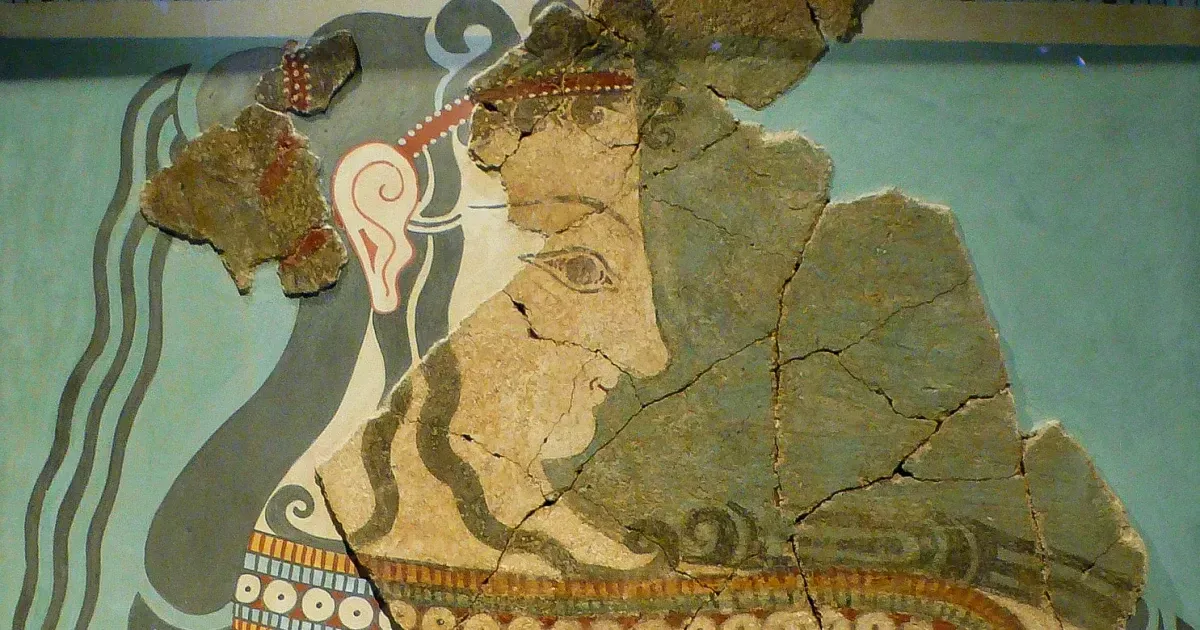francescool
Active member
This list is just so great! We have so much to learn from ancient Greece

 theculturetrip.com
theculturetrip.com

Ancient Greek Women Who Changed History
Women in ancient Greece were very often confined to the home. Besides maybe the Spartan women ancient Greek women were rarely considered a fundamental part...


